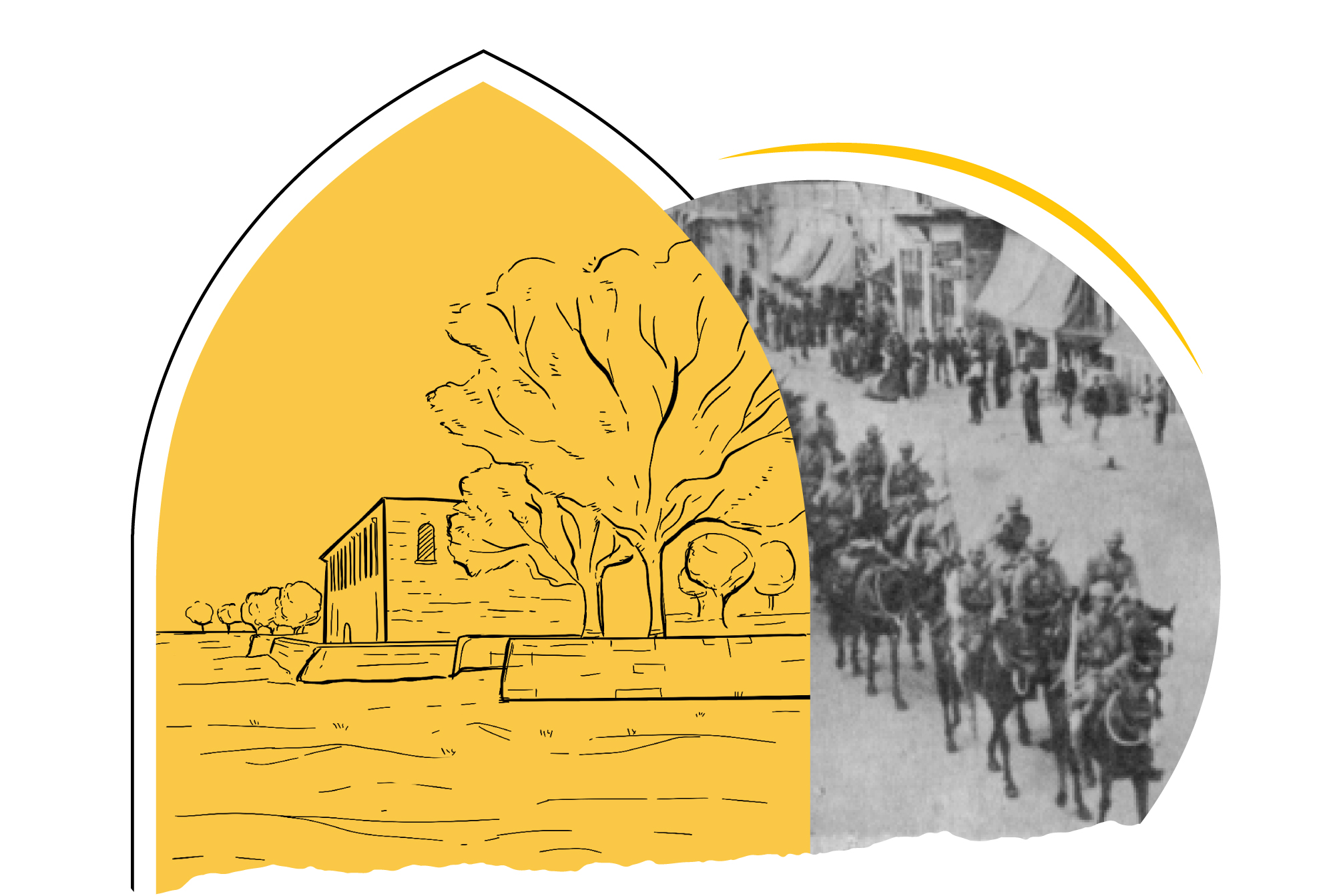
Targeting Arab Identity
Ahvazis are still steadfast in the face of Persian oppression and subjugation
Occupation of Arabistan marked the end of successive tracks of Western and Persian attempts to subjugate that Arab state, within a strategic environment and an objective alliance that made rendered the occupation of the region and the sharing of influence as preludes to a strategic alliance which repercussions we are still experiencing to dare.
It can be said that occupation of Ahvaz did not constitute an exception to other patterns of occupation witnessed by a group of rich regions, where colonial states resorted to the so-called “Settler Colonialism”, which is the most dangerous type of colonialism, as it strives to eliminate the identity and ethnic component, thus diminishing the main character of the colonized peoples.
Faced by the resistance of the Arab Ahvazi Arabs to Persian colonialism, which began in 1925, and their numerous liberation attempts, the Persians enacted a set of laws that aimed at breaking the link between Ahvazi Arabs and their Arab national identity, eliminating their power and resistance. Among the first demands imposed by Pahlavi Iran on the Arab tribes, insisting on their full and strict implementation:
1- Full clans’ disarmament.
2- Replacing the Arab dress with Pahlavi clothes.
3- Lifting up the hands of all clan leaders off their properties and lands.
The measures taken by the Persian colonialists are part of what is called “the method of psychological warfare, by insulting and despising every Arab aspect and appearance, forcing Arabs to adopt imposed Persian dress, traditions and language”. Attempts to obliterate the Arab identity did not stop at that point, as the Persians deliberately “changed the Arabic names of cities, villages, and regions to Persian names; hence, Al-Nasiriyah was replaced by Ahvaz, Muhammarah became Khormasheh and Ahvaz became Khuzestan”.
Iranian regime’s fear of Arab revolution in Ahvaz was a motive to implement a tyrannical approach that is crueler than the approach actually applied thereby to its own people. Persians used repressive and police methods, destroyed all manifestations of Arab culture, burned the main books and confiscated some others thereof, and kept them in the capital, Tehran.
Sustainability of the Persian settlement occupation of Ahvaz and the failure of all the revolutions that tried hard to emancipate from them are due to a group of factors, foremost of which are tactical and strategic mistakes that are represented in the fact that all the revolutions carried out by Arab Ahvazis, such as: Ghelman Revolution (Revolution of the Boys), Juwaiza, Sheikh Haidar, Al-Fajriyah, etc.. all failed because it took a special centralized form rather than an Arab dimension, in addition to the penetration in which the Persians made in all ranks of Arab revolutions in Ahvaz, not to mention Iranian deception and maneuvering factor, as “Iranian military authorities often resort to prevarication and deception, claiming that they will provide the Arabs of the region with gains and some rights whenever they see that the revolution is strong and that its survival will lead to its extension to other regions”. Yet none of the Persian promises were ever realized.
Since the first moments of the occupation of Ahvaz, Ahvazi people suffering has not ended because the Arab community refuses to dissolve in the oppressive Persian culture, especially since Arabistan relies on a deep-rooted political historical legacy, independent of the Persians. That is why the issue of that region shall remain essential in the Arab political agenda, especially with the state of Persian ethnic domination over Ahvazi Arabs, who are still fighting to preserve their Arab identity, which has remained steadfast for nearly a century to date.
Racist dimensions are present in every Persian interaction with everything that is Arab.



- Ibrahim Al-Obeidi, Ahvaz… A Stolen Arab Land (Baghdad: Dar Al-Hurriya for Printing, 1980).
- Hassan Al-Jaff, Encyclopedia of Iran’s Political History (Beirut: Arab House Encyclopedias, 2008).
- Ali Al-Helou, Ahvaz Tribes and Families (Najaf: Al-Ghari Modern Press, 1970).
- Ali Nima Al-Helou, Ahvaz in Its Historical Roles (Baghdad: Dar Al-Basr, 1967).

